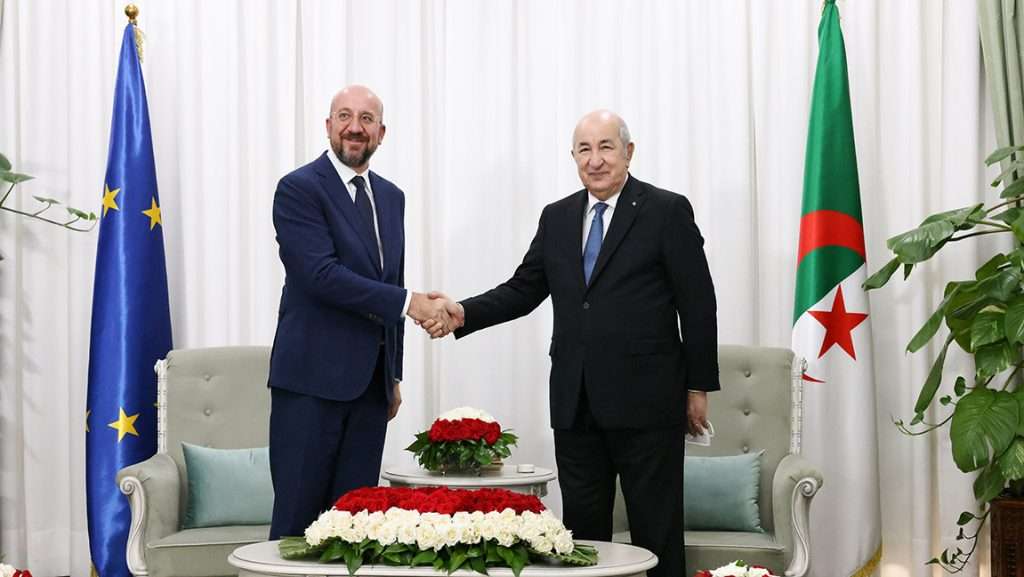Algeria added to EU ‘high risk’ money-laundering blacklist

The European Union has announced on 10 June that it has added Algeria on its blacklist of high-risk countries for money-laundering and terrorist financing, according to The Arab Weekly plus agencies
This high-profile status update will lead to severe economic and socio-political ramifications for the North African state. In 2021, the International Monetary Fund has suggested that blacklisted countries experience a “large and statistically significant reduction in capital flows”.
The EU’s blacklist has historically been viewed as an instrumental tool wielded to encourage reforms and greater financial transparency. High profile partnerships have been forged between the EU and international partners such as the Financial Action Task Force to combat the global circulation of dirty money.
The European Commission official website names three key objectives to the listing: to protect the integrity of the Union’s internal market and financial system, to reinforce internal security and lastly so as to promote sustainable development.
Besides Algeria, other countries who have made its way to the list include Angola, Côte d’Ivoire, Kenya, Laos, Lebanon, Monaco, Namibia, Nepal and Venezuela. The EU has confirmed that these nations have been added onto the list of jurisdictions necessitating enhanced security measures specifically for anti-money-laundering (AML) and counter-terrorist financing (CTF).
On the other hand, the EU has also announced a removal of 8 countries from the blacklist, in line with proven reforms in their financial regulatory structures. Delisted countries include United Arab Emirates (UAE), Barbados, Gibraltar, Jamaica, Panama, the Philippines, Senegal and Uganda.
In particular, the UAE’s removal signals a positive step in its ongoing efforts to match up to international guidelines and rehabilitate its image as a transparent global financial hub, after a longstanding checkered history stained with money laundering and corruption allegations.
This official delisting on part of the EU will relieve the burden on part of European financial institutions to conduct enhanced due diligence measures for countries scratched off the list. Additionally, this would make delisted states more attractive to European investors, increasing cross border transactions.
By contrast, blacklisted nations such as Algeria will face mounting pressures to combat financial crime, and reduce overall image concerns regarding oversight mechanisms and enforcement capabilities.
Reflecting a collapse in confidence in Algier’s capacity to monitor fiscal flows or effectively put in motion AML and CTF measures, this latest EU listing decision is expected to unfavourably impact Algerian economic relations with Europe, its largest trading partner.
Maria Luis Albuquerque, the European Commissioner for Financial Services has indicated that the latest EU announcement reaffirms the EU’s serious commitment to international financial standards. The revised list will be subject to the European Parliament and EU member states, and is likely to be implemented in the space of one month.
The Arab Weekly/ Maghrebi
Want to chase the pulse of North Africa?
Subscribe to receive our FREE weekly PDF magazine













